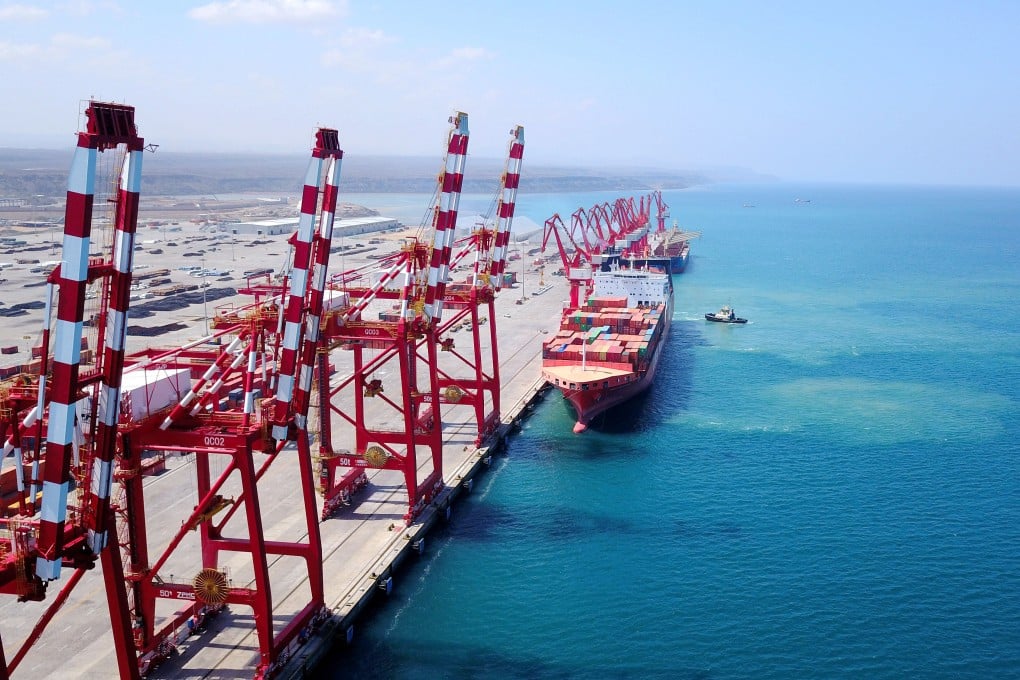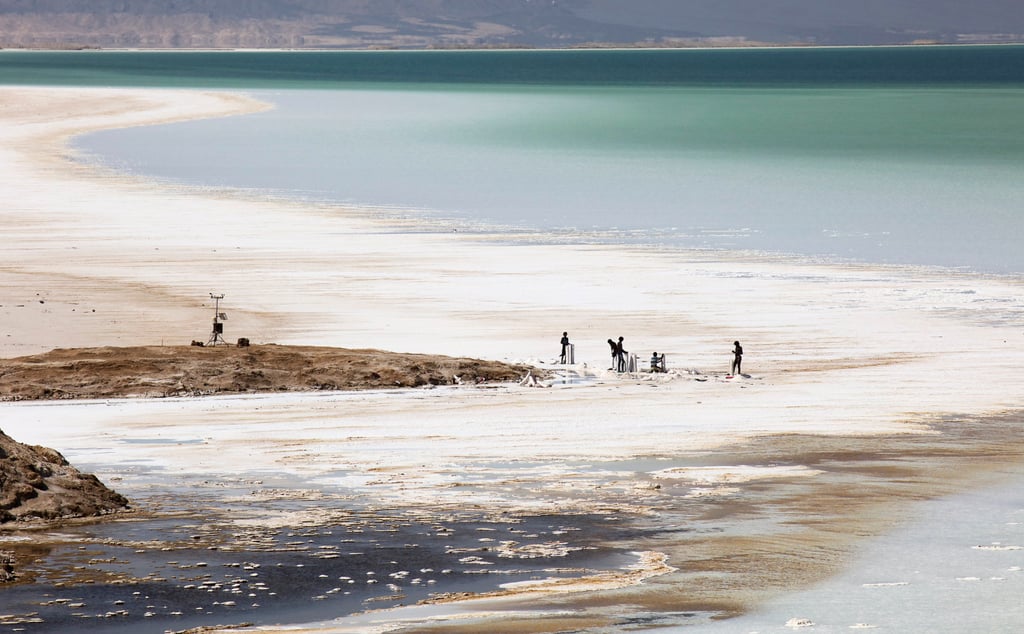China’s faith in Djibouti is paying off, but could Red Sea crisis muddy the waters?
Djibouti’s key location has buoyed Chinese firms in ports and transport, but some fear the Red Sea crisis may not be all silver lining

Djibouti has been a major East African investment destination for Chinese companies under Beijing’s Belt and Road Initiative, with their interests ranging from minerals to railway and port building. The country also hosts China’s only overseas military base.
On the other hand, Djibouti has limited manufacturing capacity, while its unforgiving climate and complex topography – with 90 per cent desert and volcanic plateau – restrict agricultural output to just 1 per cent of GDP. These factors have led to a heavy reliance on imports.
Djibouti is also home to Lake Assal, which holds the world’s largest salt reserve and is the second-saltiest water body, after the Don Juan Pond in Antarctica. But for decades, this natural asset remained underutilised, stalling potential growth for local communities and investors.
In 2015, state-owned enterprise China Communications Construction Company acquired a majority stake in a previously American-held salt firm, and transformed it into the Djibouti Salt Investment Company.
